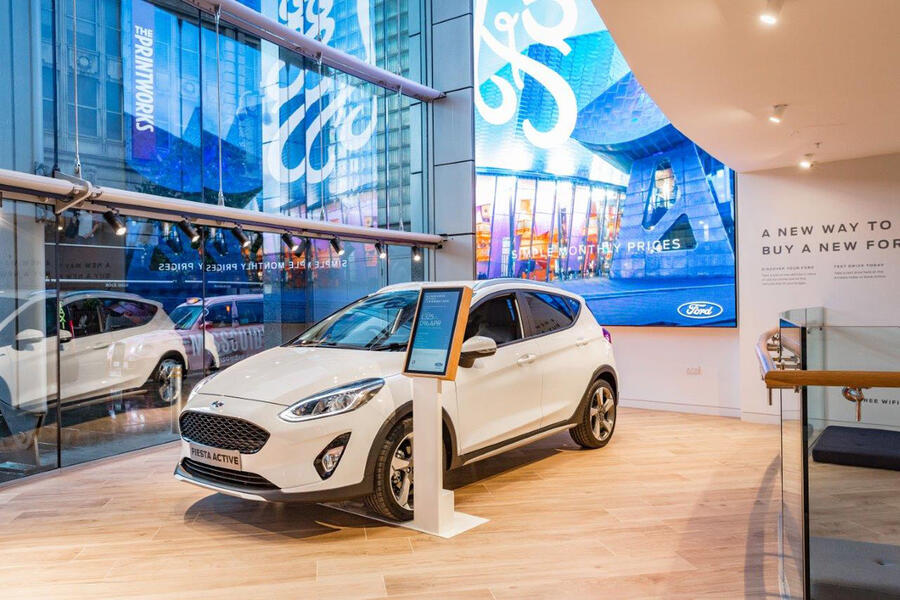There’s a saying that business without tension isn’t really business, the implication being that if you’re not fighting someone, capitalism is about to gobble you up for being too nice.
Just as well, then, that, even by the standards of the most dysfunctional families, the relationship between car makers and car retailers remains fraught – and is set to become unprecedentedly so in the coming months.
It’s all handshakes and smiles up front, of course, but behind the scenes, you typically find car makers resenting handing over margin to retailers whose service quality and attention to detail they question; and retailers irritable at the scale of investment they’re asked to make in sites and systems for seemingly paltry reward.
To date, both sides have always needed each other more than they have hated each other. Manufacturers may think they’re in the driving seat, controlling the supply of cars, but most don’t actually fancy running retail operations. The scale and costs involved are too huge and the complexities and wafer-thin margins make it precarious at times.
This is expected to change when technology advances to the point that we would all rather buy cars online, using dealerships merely to take test drives, to collect cars and for servicing cars.

People crave simplicity, and today’s car-buying journey lacks that. With the knock-on prospect of no more haggling (because the online price would be the only price), it’s a future that car makers are eager to embrace and which Tesla is already showing the benefits of, albeit with relatively tiny numbers of desirable cars.
To date, we’ve only seen the water tested. Hyundai got in there early, opening showrooms in shopping malls. Then Volvo launched its XC90 online. Ford put a showroom in a Next shop. Volkswagen is now handling EV sales itself. And others have followed suit, with the online showrooms launched during lockdown being less the results of quick thinking and more of long-term plans being accelerated.